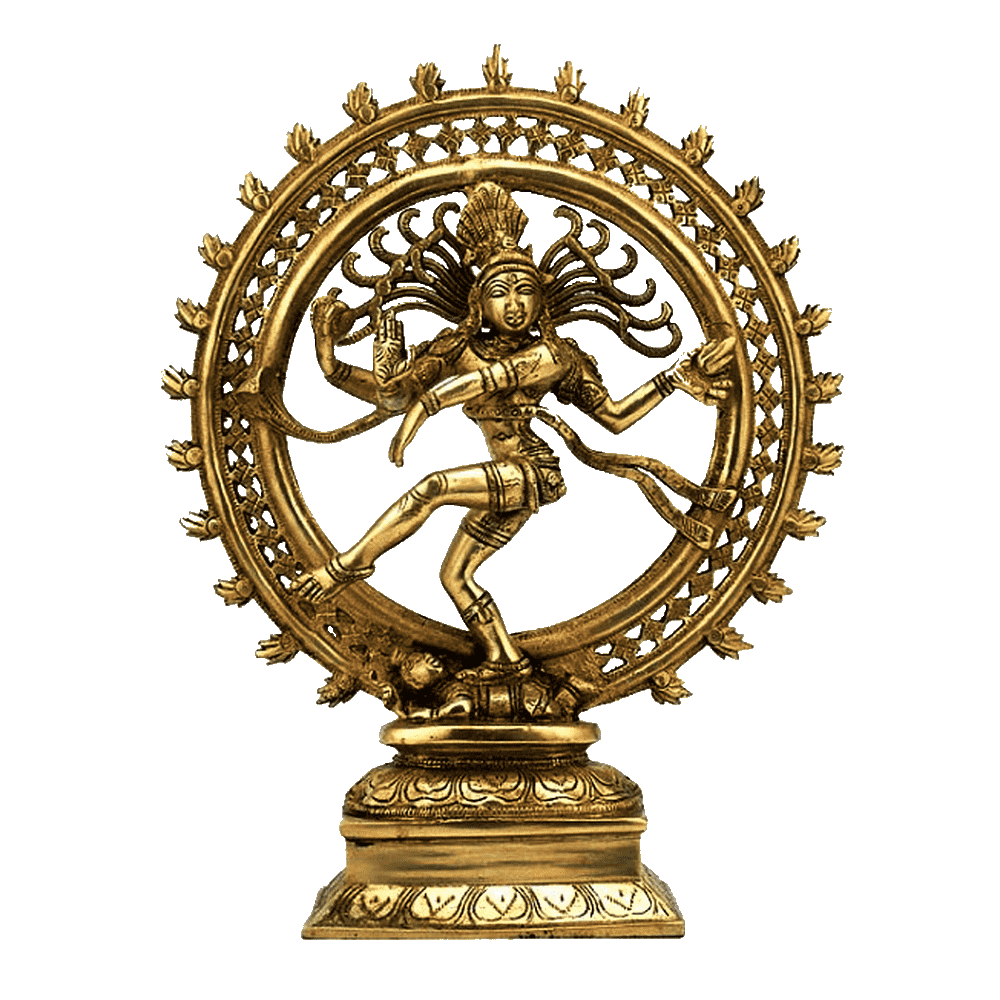
Yama Yāmala
Embracing the Transformative Nature of Existence
Introduction:
The Yama Yāmala is a sacred text within the Śivaśakti traditions of Hinduism, which focuses on the significant role of Yama, the god of death. This profound scripture delves into the concepts of death, impermanence, and the transformative nature of existence. The Yama Yāmala encourages spiritual practitioners to embrace the imperishable truth beyond physical limitations, leading them towards a deeper understanding of life, death, and the eternal nature of the soul.
Yama – The God of Death:
Yama is an important deity in Hindu mythology, often depicted as the lord of the afterlife and the ruler of the underworld. He is responsible for guiding souls to their appropriate destinations after death, based on their karmic actions in their earthly life. Yama serves as a reminder of the impermanence of the physical body and the transient nature of worldly existence.
Concept of Death and Impermanence:
The Yama Yāmala delves into the concept of death and its inevitability in the human experience. It emphasizes the impermanence of the physical body and the ephemeral nature of worldly possessions and achievements. Through contemplation on the concept of death, seekers are urged to recognize the transient nature of material life and shift their focus towards the spiritual realm.
Transformative Nature of Existence:
The Yama Yāmala encourages practitioners to embrace the transformative nature of existence. By acknowledging the impermanence of life, individuals are motivated to seek deeper meaning and purpose beyond the boundaries of the material world. This realization fosters a greater appreciation for the spiritual dimension and encourages seekers to pursue inner transformation and self-realization.
Embracing the Imperishable Truth:
Through self-reflection and introspection, devotees of the Yama Yāmala are guided towards embracing the imperishable truth that transcends physical limitations. The text inspires seekers to recognize the eternal nature of the soul, which remains unaffected by the cycle of birth and death.
Detachment and Renunciation:
The Yama Yāmala teaches the importance of detachment and renunciation from worldly attachments and desires. By letting go of material attachments, individuals can free themselves from the cycle of suffering and find true contentment within.
Spiritual Liberation: At its core, the Yama Yāmala emphasizes the pursuit of spiritual liberation (Moksha). By facing the reality of death and impermanence, practitioners are inspired to seek freedom from the cycle of rebirth and attain union with the ultimate reality.
Conclusion:
The Yama Yāmala stands as a significant scripture within the Śivaśakti traditions, delving into the concept of death, impermanence, and the transformative nature of existence. By contemplating on the role of Yama, the god of death, and embracing the imperishable truth beyond physical limitations, seekers are guided towards a deeper understanding of life’s transient nature. The Yama Yāmala serves as a reminder of the importance of spiritual pursuits, inner transformation, and self-realization on the path to liberation. Through detachment and renunciation, practitioners seek to attain freedom from worldly limitations and embrace the eternal essence of the soul, leading to a profound sense of fulfillment and spiritual liberation.
Editor – Kaalchakra Team
[ Note – Before Concluding anything as a Finale, Please Go through Original Scriptures of Vaidik Literature Written in Sanskrit and Also with Meaning of That time of Language. Because English is a Limited language to Explaining the Deeper Knowledge of Vaidik Kaal. ]
